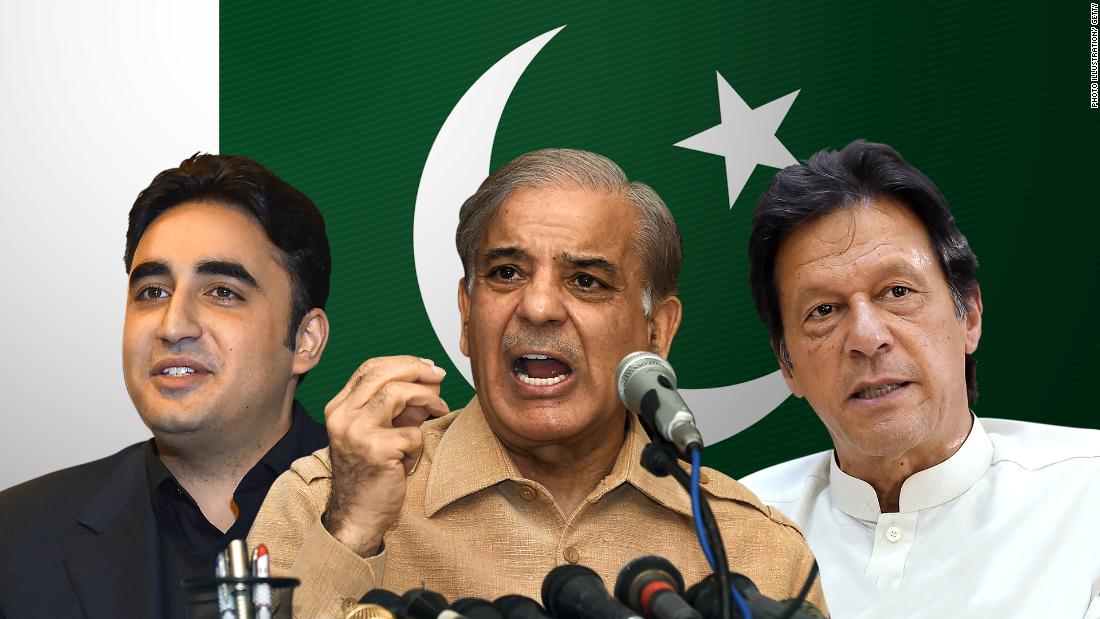Pakistan’s 11th general election is scheduled to be held today, with 105.95 million voters expected to head to the polls to vote in their respective constituencies across the country.
The battle is set to come down to three parties: Pakistan Muslim League-Nawaz (PML-N), Pakistan Peoples Party (PPP) and Pakistan Tehreek-i-Insaf (PTI).
Voting begins at 8am, with a total of 371,388 army personnel deployed at 85,000 polling stations as a precautionary security measure
Polling ends at 6pm, after which polling staff will begin the vote count. The Election Commission of Pakistan (ECP) has requested the media not to air unofficial results before 7pm (PST).
The government has declared July 25 a public holiday in an effort to encourage maximum voter participation.
Elections have been postponed in eight national and provincial assembly constituencies.
In one of the constituencies, a candidate had been disqualified while in the other seven, the contesting candidates had passed away.
Pakistan Muslim League-Nawaz (PML-N) leader Hanif Abbasi was handed a life sentence in the Ephedrine quota case, rendering him unfit to contest the polls for NA-60, leading to the postponement.
The Election Commission of Pakistan (ECP) announced to defer polling in PK-78 Peshawar, PP-87 Mianwali, PS-87 Malir, PK-99 Dera Ismail Khan, PB-35 Mastung, PP-103 and NA-103 Faisalabad constituencies.
The polls shall be contested in 841 constituencies of the country on July 25. Of these, votes shall be cast in 270 constituencies out of 272 National Assembly seats.
While in the four provinces, candidates will battle it out in 500 of the 507 seats available.
All election campaigning by political parties ended on July 23 as per the ECP rules. The run-up to the elections has been one of the bloodiest in the country’s history which saw string of deadly attacks by terrorists targeting election candidates and their supporters.
Military Deployed across Pakistan ahead of elections
Pakistan’s military fanned out across the country ahead of Wednesday’s election, deploying hundreds of thousands of troops to oversee polling stations in a short but acrimonious contest that analysts say is still “up for grabs”.
Armed soldiers watched closely as election officials in Islamabad Tuesday distributed ballot boxes and voting materials for polling stations across the city. The armed forces have stationed over 370,000 personnel nationwide to ensure the vote goes smoothly — the largest such deployment in Pakistan’s history on an election day.
“Deployment of troops completed across the country,” the military said in a statement late on Monday, saying the troops would work with local law enforcement to ensure “a safe and secure environment” for voting. The mammoth deployment coupled with a recent decision by election authorities to grant military officers broad powers inside polling booths has stirred fears of possible manipulation ahead of the contest.


Comments
Post a Comment